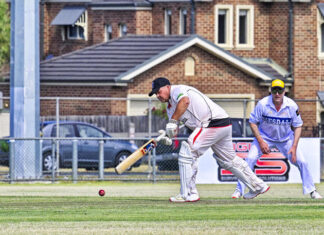The Victorian Gambling and Casino Control Commission has knocked back a South Geelong venue’s application to install 10 more pokie machines.
ADP Group, which owns and operates the Valley Inn Hotel, applied to the commission in December last year to amend its gaming license to increase the number of electronic gaming machines from 29 to 39.
The application was met with opposition from the City of Greater Geelong, which committed up to $30,000 to fight the application on community health and wellbeing grounds.
Commissioners Fran Thorn and Danielle Huntersmith heard the two-day hearing on March 16 and 17, before refusing the application last week.
The commissioners said while they believed “there is likely to be a slightly positive economic impact if the application is granted” and a “neutral social impact”, they were concerned by the applicant’s previous non-compliance with permit conditions surrounding community contributions.
“The commission considers that this is one of those relatively rare or exceptional cases where the ultimate discretion militates against an approval despite the ‘no net detriment’ test having been satisfied,” the commissioners said in their decision.
The city welcomed the decision.
“The decision recognises that an increase in the number of gaming machines provides an increased risk of problem gambling, which leads to other costs such as family breakdowns, mental health problems and financial stress,” community life director Robyn Stevens said.
The latest data from the commission showed that $72.6 million had been lost on gaming machines in Greater Geelong so far in 2021-22.
There are 1349 electronic gaming machines across 26 venues in the City of Greater Geelong, including one venue in Queenscliff.
The commission found there were already 271 electronic gaming machines located between 2.5km and 5km from the Valley Inn.
The city’s social and economic impact assessment of the proposal, which was provided to the commission, considered factors such population demographics, disadvantage and unemployment rates, housing stress, labour force participation, education and age ranges.
It also included a summary of community engagement completed in February, which found 86 per cent of the 260 respondents did not support the application.









